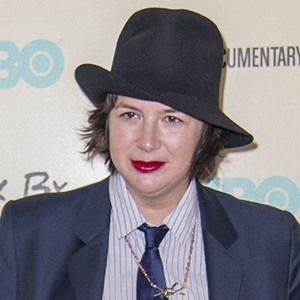

On its release, it received a near-rapturous notice from Sir Walter Scott in The Quarterly Review, in which he praised Austen's evocation of real life and her ability to generate excitement without recourse to the heroics of historical fiction (Scott's own specialty).

( Northanger Abbey and Persuasion both appeared posthumously.) The novel is also generally agreed to be Austen's finest technical achievement in the use of free-indirect discourse-the narrator's sly method for making readers privy to a character's inner monologue. When Austen wrote Emma, she was 39, and it was the last of her novels she would see published in her lifetime.
#Autumn de wilde movie#
Directed by Autumn de Wilde, the movie is not just one of the most stylish Austen films in recent memory-it's also one of the most faithful.

The new film adaptation, starring Anya Taylor-Joy in the title role, derives its disarming momentum from this same mix. Her 1815 classic, Emma, follows the story of Emma Woodhouse, the wealthiest of Austen's heroines, a young woman addicted to match-making (often with disastrous results) and delicately blends irony and earnestness. Jane Austen’s irony thrives in the seams and slippages between satire and sentiment: She was a withering observer of the vanity of human wishes while understanding all too well those who suffer from it.


 0 kommentar(er)
0 kommentar(er)
